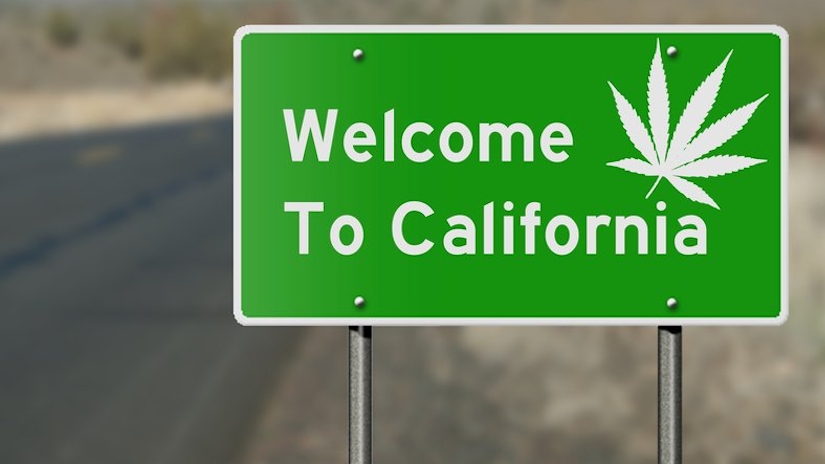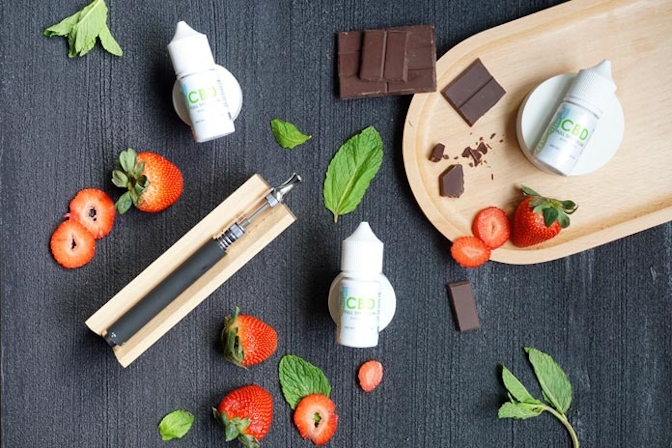
Photo courtesy of NATHALIE BOUGENIES
CBD Can Now Be Sold In Food, Beverages, And More In California
It looks like California is making its own laws regarding hemp products, steering away from the FDA.
California Governor Gavin Newsom signed a bill on Wednesday, Oct. 6 that that “prohibits restrictions on the sale of dietary supplements, food, beverages, cosmetics, or pet food that include industrial hemp or cannabinoids, extracts, or derivatives from industrial hemp-based solely on the inclusion of those substances.” In other words, we’re about to see many more commercial CBD products on the market that aren’t strictly tinctures or oils.
Assembly Bill 45 (AB-45) is a step in the right direction for the state of California. It’s of the utmost significance in terms of cannabis laws and regulations because it establishes a clear separation between the state’s individual laws and the U.S. Food and Drug Administration (FDA), which enforces that CBD cannot be sold in food products or dietary supplements through interstate business.
It should be noted that the new addition of CBD in commercial products like cosmetics, food, food additives, dietary supplements, or herbs for human or animal consumption isn’t entirely unregulated in the state of California. Instead, the bill prohibits hemp products from being sold and distributed if produced from unregulated hemp (as per the California Department of Food and Agriculture) or outside of California. If the hemp is sourced from outside California, it must meet the U.S. Department of Agriculture’s requirements.

Photo by iStock
In addition, manufacturers producing different types of hemp products are now required to register with the California Department of Public Health. These companies producing hemp products will undergo substantial testing, have labeling requirements and marketing/advertising restrictions.
AB-45 states that manufacturers must receive a certificate from an independent laboratory that states, “The industrial hemp raw extract, in its final form, does not exceed THC concentration of an amount determined allowable by the department in regulation, or the mass of the industrial hemp extract used in the final form product does not exceed a THC concentration of 0.3 percent” and “The industrial hemp product was tested for any hemp derivatives identified on the product label or in associated advertising in accordance with Section 111926.2.”

Photo courtesy of Nancy Fernandez
Suppose unlicensed manufactures attempt to sell unregulated products that don’t abide by the laws above. In that case, AB-45 states that the government has full authority to punish these manufactures with penalities that have not yet been announced. We’re expected to know the complete list of rules and regulations over the next few months while the Department of Public Health continues to navigate the bill before it goes into effect.
The new bill is California’s way of refusing the FDA’s prohibition of selling hemp products and is also a step forward to keeping cannabis laws and legislations in the control of the individual states instead of the federal government.
Herb Recommended Products:
READ MORE




